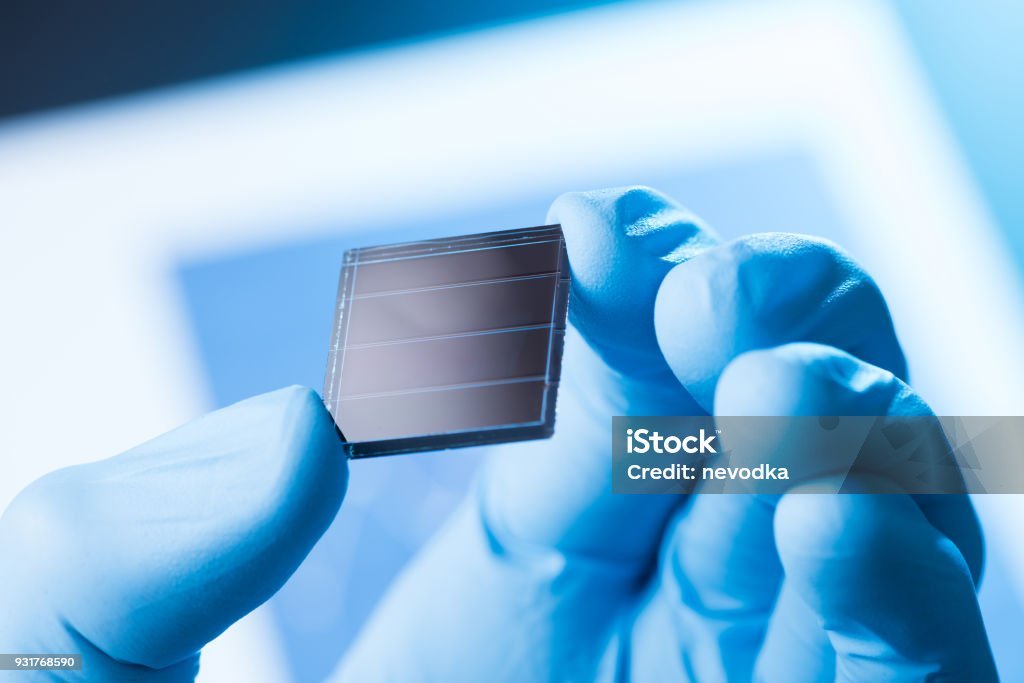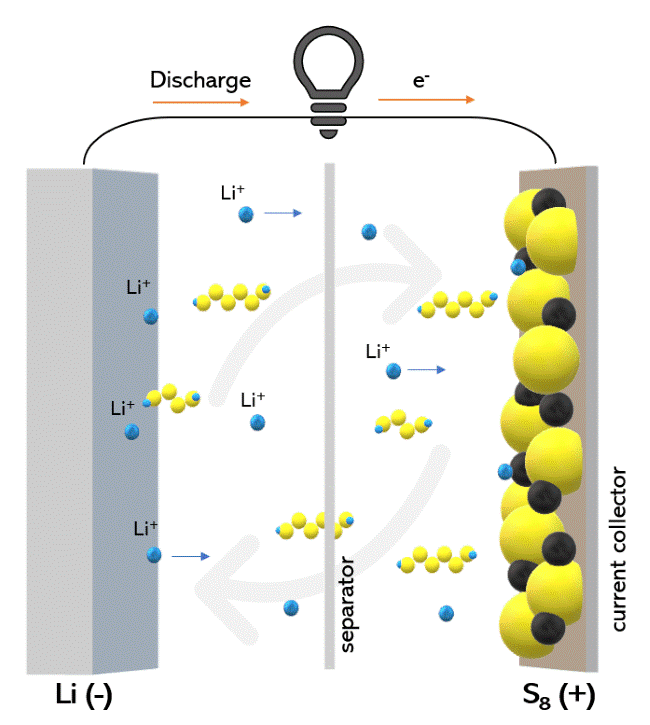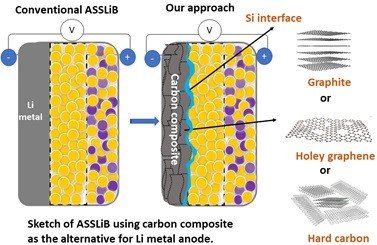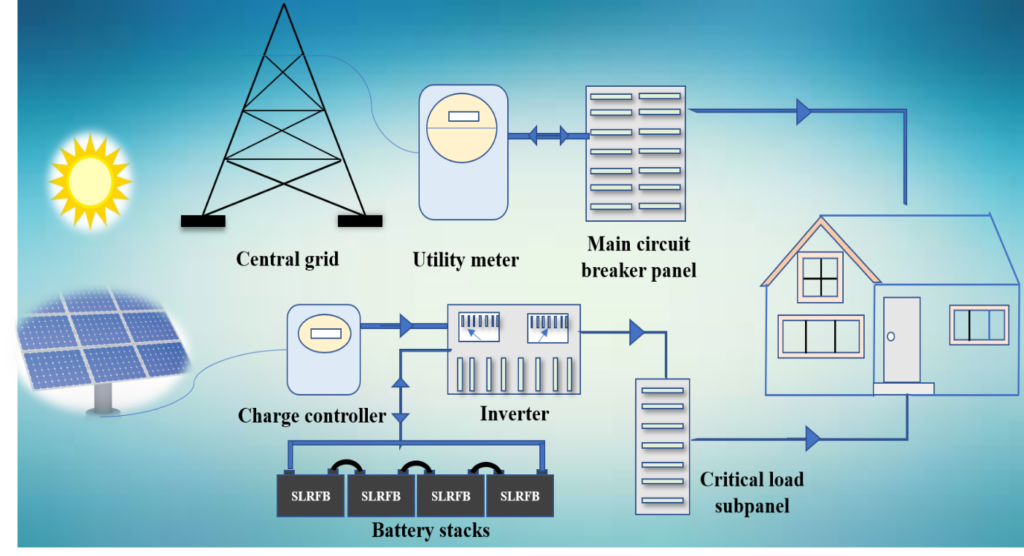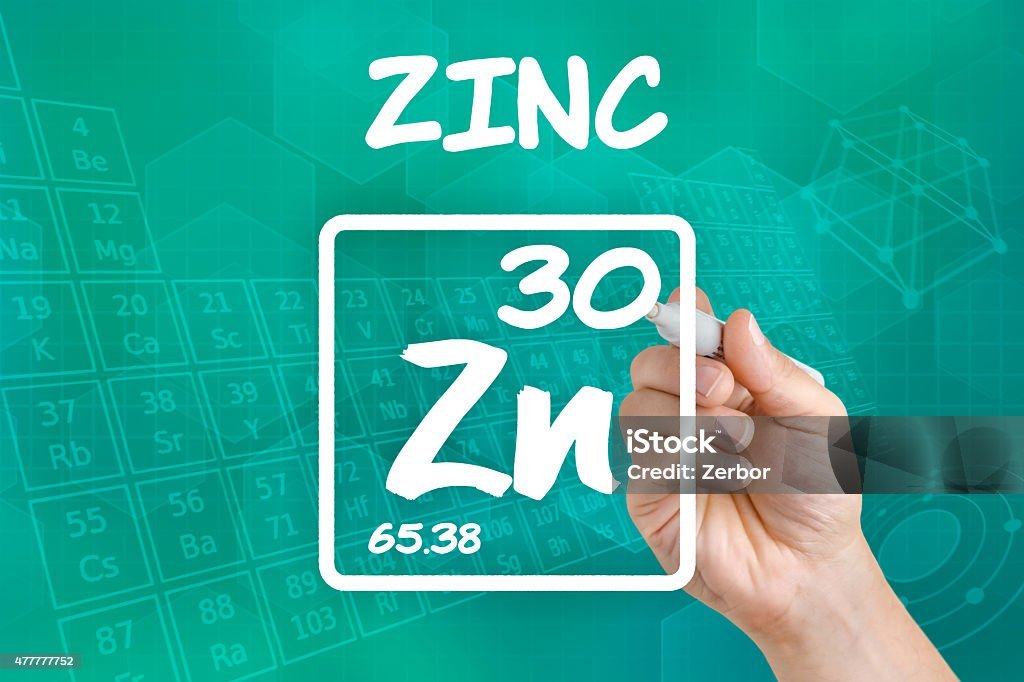
TREND Setter 2023 Spotlight: Nitin Muralidharan’s Research Towards Transforming India’s Battery Manufacturing Landscape
A main charter point of the Energy Consortium is to focus on exploratory and collaborative research. The TREND Setter program is one such initiative with an aim to identify the long-range research initiatives of the industry and build capability within the consortium to address it. Faculty members are invited to address industry challenges, and eight […]

